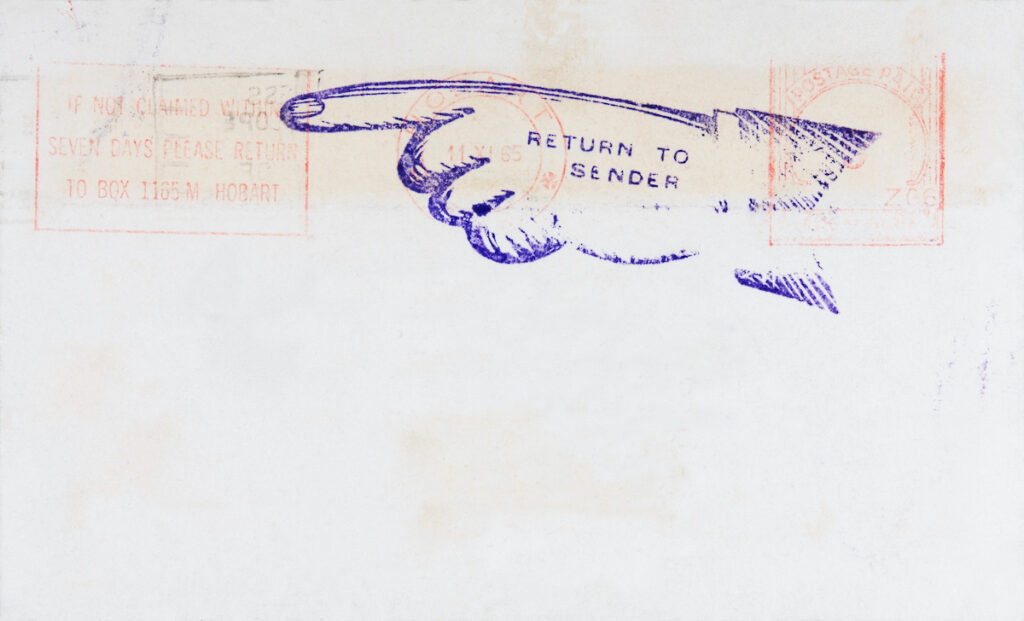Are you looking to secure your family’s future and protect your hard-earned assets? Skvarna Law Firm stands as your trusted partner in estate planning, offering expert asset protection. With offices strategically located in Glendora and Upland, we bring a wealth of experience and local knowledge to help you navigate the complexities of estate planning in […]
Category Archives: Assets
When it comes to estate planning, many people focus solely on what happens to their assets after they pass away. However, a crucial aspect often overlooked is incapacity planning. At Skvarna Law Firm, we understand the importance of comprehensive estate plans that address both death and incapacity. In this article, we’ll explore why incapacity planning […]
Estate planning involves more than asset allocation. It is about preserving your legacy and ensuring your values continue to impact your loved ones long after you’re gone. At Skvarna Law Firm, we understand that a comprehensive estate plan should reflect not only your financial wishes but also your life lessons, experiences, and hopes for future […]
Estate planning is more than just a legal process; it’s a profound expression of love and care for your family’s future. While traditional gifts are fleeting, smart estate planning tools can make a lasting impact on your loved ones’ financial security. Let’s explore how you can protect your wealth and your spouse with effective estate […]
Money and property may be the most discussed types of wealth that a person owns. But the riches of their experience and wisdom can mean even more to loved ones down the line. Reinforcement of family traditions build into your estate plan. In fact, they go alongside your wishes regarding the distribution of your money, […]
Americans love to stay busy, often turning to hobbies to keep engaged and productive. We invest significant time, money, and emotions into our passion projects. Whether you collect classic cars in Glendora or create art in Upland, your hobby deserves consideration in your estate plan. In this post, we discuss special considerations for estate planning […]
Americans are, quite literally, getting buried in debt, with nearly half expecting to pass away with outstanding debts. As a rule, a person’s debts do not go away when they die. Some types of debt, such as federal student loans, are typically forgiven upon the debtor’s death. However, private loans and cosigned account holders may […]
Fitness icon Richard Simmons, known for his flamboyant personality, high energy, and trademark attire. He passed away in July 2024 following a fall at his Los Angeles home. A legal dispute lingers between his longtime housekeeper, Teresa Reveles Muro, and his brother, Leonard (Lenny) Simmons. The estate of the Sweatin’ to the Oldies star is […]
Losing someone you love to death is difficult. When your loved one’s mail continues to arrive, you may struggle even more. Once the court appoints you executor or personal representative of a deceased loved one’s probate estate, take these steps. The same is true if you serve as the successor trustee of the loved one’s […]
These words, uttered by James Earl Jones in his voice-over role as Darth Vader, are indelible in the minds of Star Wars fans. People know Jones also for voicing Mufasa in The Lion King and a series of cable news promotions in which he declared, “This is CNN.”











